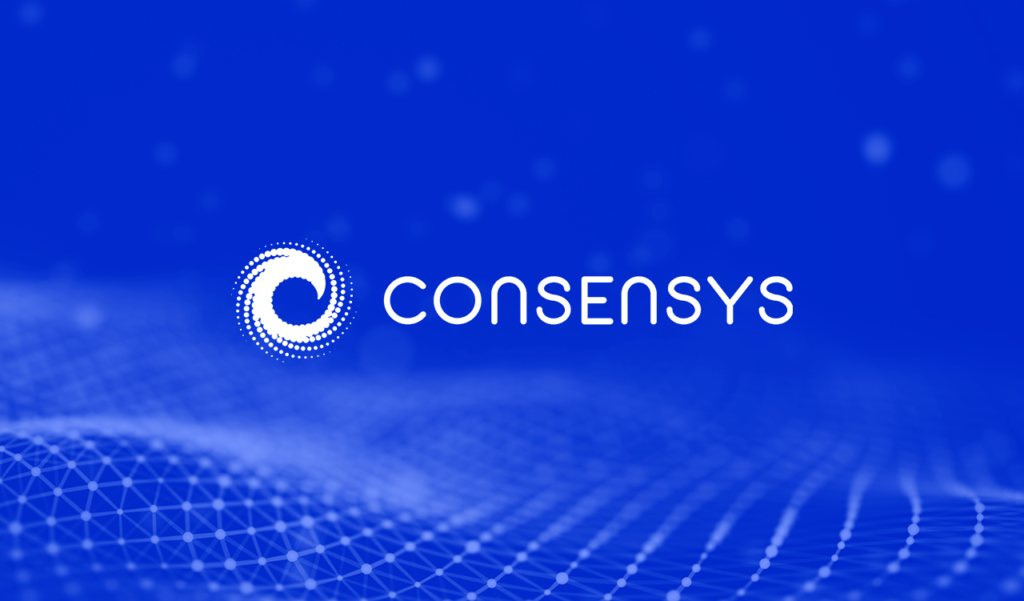Consensys CEO Joe Lubin has verified that the company’s restructuring plan will affect 162 permanent employees.

Consensys, a blockchain development firm, has initiated a significant restructuring of its operations, resulting in a personnel reduction of over 20%.
The move has affected 162 employees, according to Joe Lubin, the CEO of Consensys and co-founder of Ethereum, in an exclusive interview with Cointelegraph. The organization seeks to optimize operations and accelerate the process of decentralizing various components of its primary business offerings.
“It is driven by a diverse array of factors, and to me, they appear to be fairly equal.” Lubin clarified that the initial apparent factor, which is not inherently more significant than the others, is the long-term financial sustainability in the presence of potential economic volatility.
Lubin stated that Consensys strives to transform into a “smaller, much more agile organization” better positioned to leverage the “broad and deep capabilities” that the organization has developed over time.
Consensys is renowned for developing the browser-based Ethereum wallet MetaMask, the layer-2 protocol Linea, and other Ethereum-focused software products and services. Currently, the organization has a workforce of 828 individuals.
Lubin emphasized that Consensys is dedicated to providing its departing team members with extended healthcare benefits, outplacement services, and generous severance packages. Additionally, displaced personnel’s stock option exercise periods will be extended from 12 months to 36 months.
SEC’s legal dispute did not influence the restructuring
In 2024, Consensys has been actively involved in a legal dispute with the United States Securities and Exchange Commission, which continues to pursue a variety of companies and projects within the Ethereum ecosystem.
Joe Lubin previously stated in an interview with Cointelegraph that Consensys’ expenses were necessary to challenge what the industry perceives as an excessive overreach by the administration of SEC Chair Gary Gensler.
When Cointelegraph inquired whether Consensys’ restructuring plans had been influenced by its efforts to challenge the SEC, Lubin dismissed any notion that Consensys may have overextended its resources on legal expenses.
“We didn’t overextend our resources at all. We didn’t pick this fight. The SEC has been carpet bombing the ecosystem for years with investigations, Wells notices and lawsuits.”
Lubin further stated that Consensys had implemented a “considered strategy” in its offensive against the SEC.
Vitalik’s request for Ethereum L2 decentralization
To address centralization concerns in 2024, Vitalik Buterin, a fellow co-founder of Ethereum, has encouraged layer-2 initiatives to decentralize their operations and protocols actively.
Lubin stated that Consensys has been striving to decentralize itself without external pressure.
“Anything that that Vitalik says in that vein gets a cheer from me and from the company, but there’s no extra pressure on us from Vitalik or from anybody outside of Consensys.”
Joe Lubin also stated that Consensys has been preparing for a rapid transition to decentralized models by implementing numerous initiatives.
MetaMask, Linea, and Infura are prioritized
Lubin acknowledges that no particular department is experiencing more redundancies than others, indicating that the restructuring at Consensys is comprehensive.
“We are increasing our emphasis on activities in Linea and MetaMask,” Joe Lubin stated that Infura has already been transforming due to DIN, the decentralized infrastructure network.
He also stated that Infura is still essential for the proper operation of MetaMask. MetaMask’s ultimate objective is to broaden its scope and address a multitude of distinct blockchains:
“This is both EVM [Ethereum Virtual Machine] blockchains, which we can handle pretty easily, but also non-EVM blockchains, which we’ve been able to rely on through third parties on the DIN network.”
Joe Lubin emphasized that Consensys is focused on converting its portfolio of Ethereum products into protocols in the long term. This includes MetaMask, Infura, Truffle, Diligence, Besu, Teku, GNARK, DIN, and Linea.
